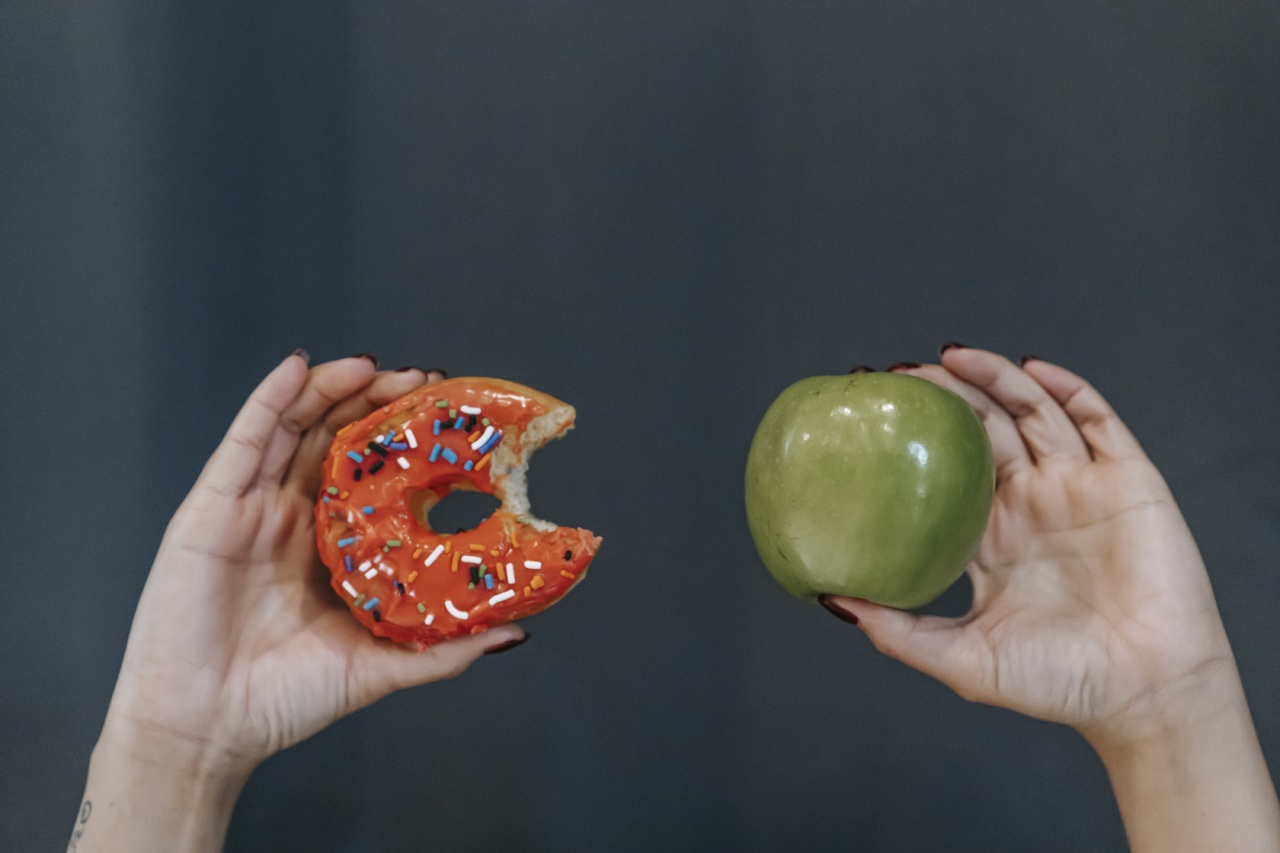An 800 calorie diet is a low-calorie eating plan that restricts daily calorie intake to approximately 800 calories. It is considered a very low-calorie diet (VLCD) and is often used for short-term weight loss.
This type of diet typically involves consuming meal replacement shakes, bars, or soups that are specially formulated to provide essential nutrients while keeping calorie count low.
Impact of an 800 Calorie Diet on Diabetes
For individuals with diabetes, following an 800 calorie diet can have significant effects on managing blood sugar levels.
Many studies have shown that VLCDs can lead to rapid weight loss and improvements in insulin resistance among people with type 2 diabetes.
When calorie intake is severely restricted, the body starts using stored fat for energy, which can result in weight loss. This weight loss, in turn, helps to improve insulin sensitivity and lower blood sugar levels.
Benefits of an 800 Calorie Diet for Diabetic Individuals
1. Weight Loss: The primary benefit of an 800 calorie diet is weight loss, which is crucial for managing diabetes effectively. Shedding excess body fat can improve insulin sensitivity and glycemic control.
2. Improved Insulin Sensitivity: VLCDs have been shown to enhance insulin sensitivity in individuals with type 2 diabetes. This means that the body can utilize insulin more efficiently, leading to better blood sugar control.
3. Reduced Medication Dependency: Losing weight through an 800 calorie diet can often lead to decreased reliance on diabetes medications, including insulin. This can be beneficial for individuals who prefer to minimize drug use.
4. Lowered Blood Pressure: Many people with diabetes also have hypertension. VLCDs have been found to have positive effects on blood pressure, which helps in reducing the risk of cardiovascular complications associated with diabetes.
5. Reversal of Type 2 Diabetes: In some cases, following an 800 calorie diet under medical supervision can even lead to the reversal of type 2 diabetes, especially in individuals who have been recently diagnosed.
Potential Risks and Considerations
While there are potential benefits of an 800 calorie diet, it is important to consider the risks and consult with healthcare professionals before starting such a low-calorie eating plan, especially for individuals with diabetes.
1. Nutritional Deficiencies: Consuming only 800 calories per day may result in inadequate intake of essential nutrients such as vitamins, minerals, and protein.
Incorporating nutrient-dense foods and consulting a dietitian is crucial to ensure nutritional needs are met.
2. Blood Sugar Monitoring: People with diabetes who choose to follow an 800 calorie diet should closely monitor their blood sugar levels. Significant calorie restriction can cause fluctuations, so regular glucose monitoring is essential to ensure safety.
3. Individual Variation: Each person’s response to a VLCD may be different. It is important to work with healthcare professionals to assess individual needs and determine if an 800 calorie diet is appropriate and safe.
4. Unsustainability: VLCDs are typically not intended for long-term use. It is important to have a plan for transitioning to a balanced and sustainable eating pattern after achieving weight loss goals.
Expert Opinions on an 800 Calorie Diet and Diabetes
1. American Diabetes Association (ADA): The ADA acknowledges that low-calorie diets, including VLCDs, can be an effective approach for weight loss and blood sugar management.
However, they emphasize the importance of medical supervision and personalized dietary guidance.
2. National Health Service (NHS): The NHS in the United Kingdom states that VLCDs can be used under medical supervision to achieve short-term weight loss and improve diabetes control. They highlight the need for ongoing support and monitoring.
3. Diabetes UK: Diabetes UK suggests that an 800 calorie diet should only be followed under the guidance of healthcare professionals, as it may not be suitable or safe for everyone with diabetes.
They recommend working with a registered dietitian for personalized advice.
4. International Diabetes Federation (IDF): The IDF recognizes that VLCDs can lead to significant improvements for individuals with type 2 diabetes.
However, they stress that such diets should only be implemented with close medical supervision to ensure safety.
Tips for Following an 800 Calorie Diet Safely
1. Consult a Healthcare Professional: Before starting an 800 calorie diet, consult with a healthcare professional, such as a registered dietitian or a diabetes specialist.
They can provide personalized guidance based on your specific needs and medical history.
2. Monitor Blood Sugar Levels: Regularly monitor your blood sugar levels, especially when making significant changes to your calorie intake. Frequent monitoring helps ensure safety and allows you to adjust your diabetes management plan as needed.
3. Choose Nutrient-Dense Foods: Opt for whole, nutrient-dense foods to meet your nutritional needs while keeping calorie count low. Incorporate plenty of vegetables, lean protein sources, and healthy fats into your meals.
4. Stay Hydrated: Drink an adequate amount of water throughout the day to stay hydrated. It is important to remember that thirst can sometimes be mistaken for hunger, so ensure you are properly hydrated to avoid unnecessary snacking.
5. Seek Support: VLCDs can be challenging, both physically and mentally. Seek support from healthcare professionals, diabetes educators, and loved ones to help you stay motivated and make the most of your diet plan.
Conclusion
An 800 calorie diet can be an effective approach for short-term weight loss and improving blood sugar control in individuals with diabetes.
However, it is essential to proceed with caution, under medical supervision, and with input from healthcare professionals. Personalized guidance, close monitoring, and a focus on overall nutrition are vital factors to consider for individuals with diabetes who are considering this type of eating plan.


























